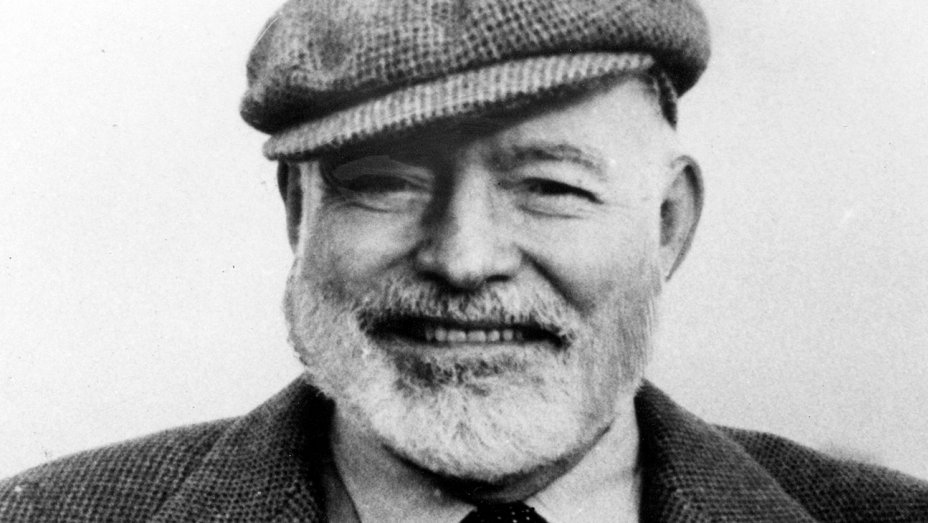Ernest Hemingway’s Writing Tips
As we’ve said previously, every writer has their own version of rules for writing. When you’re doing your research and learning different writers’ preferences, it’s important to take everything with a grain of salt. At the end of the day, it’s about what works best for you. So what works well for Stephen King may not have been the same techniques that worked for the great Ernest Hemingway. There’s no denying the impact Hemingway has made on the world of literature with his minimalist prose, but what was his advice for aspiring writers?

Stop when you’re still going
The best way is always to stop when you are going good and when you know what will happen next. If you do that every day when you are writing a novel you will never be stuck. That is the most valuable thing I can tell you so try to remember it.
Whereas most people will advise you to continue writing when you get into the zone, Hemingway actually advises the opposite. His trick for avoiding the dreaded writer’s block is to stop writing when he is in a groove and already knows where the story will continue to go next. This way, when you sit down to write next, it’s not as hard to get back into the story.
Read, read, read
[A writer] should have read everything so that he knows what he has to beat… The only people for a serious writer to compete with are the dead that he knows are good. It is like a miler running against the clock rather than simply trying to beat whoever is in the race with him. Unless he runs against time he will never know what he is capable of attaining.
Though we would advise against the idea of feeling like you have to compare your work with others, we definitely agree with Hemingway here. Reading work from authors that emulate the type of writing you aspire to will help you learn different techniques on how to achieve those goals.

Be a professional observer
Watch what happens today. If we get into a fish see exact it is that everyone does. If you get a kick out of it while he is jumping remember back until you see exactly what the action was that gave you that emotion. Whether it was the rising of the line from the water and the way it tightened like a fiddle string until drops started from it or the way he smashed and threw water when he jumped.
…Then write it down making it clear so the reader will see it too and have the same feeling you had.
Hemingway encourages writers to abide by the ‘show, don’t tell’ rule. Through this example, he is helping readers learn how to connect an action with a visible response in a way that shows clearly that the two are connected. You don’t have to say ‘catching a fish was exciting’ or ‘I found it funny watching the fish flip around’ in order for readers to connect the action with a character’s response- all you have to do is show them.
Be positive
Once you are into the novel it is as cowardly to worry about whether you can go on to the next day as to worry about having to go into inevitable action. You have to go on. So there is no sense to worry… As soon as you start to think about it stop it. Think about something else. You have to learn that to write a novel. The hard part about a novel is to finish it.
Here, Hemingway compares writing to being a soldier on a battlefield. He’s essentially saying there’s no point in worrying about if you’ll make it through because you’ll have to keep moving forward regardless. So don’t let yourself get in your own head about your worth as a writer or where your novel is going- just push through.

You need to have empathy
Then get in somebody elseʼs head for a change. If I bawl you out try to figure out what Iʼm thinking about as well as how you feel about it. If Carlos curses Juan think what both their sides of it are. Donʼt just think who is right… As a man you know who is right and who is wrong… As a writer, you should not judge. You should understand…Listen now. When people talk listen completely. Donʼt be thinking what youʼre going to say. Most people never listen.
Hemingway is stating that one of the most important parts of good writing is having empathy. Being able to understand people, their motivations, their strengths/weaknesses is key to writing people in a realistic way. If a conflict arises in your story, it’s not about who is right and who is wrong- that’s for your readers to decide. It’s about making sure there are good reasons behind both sides, reasons informed by who they are, what they’ve gone through, and how they think.
